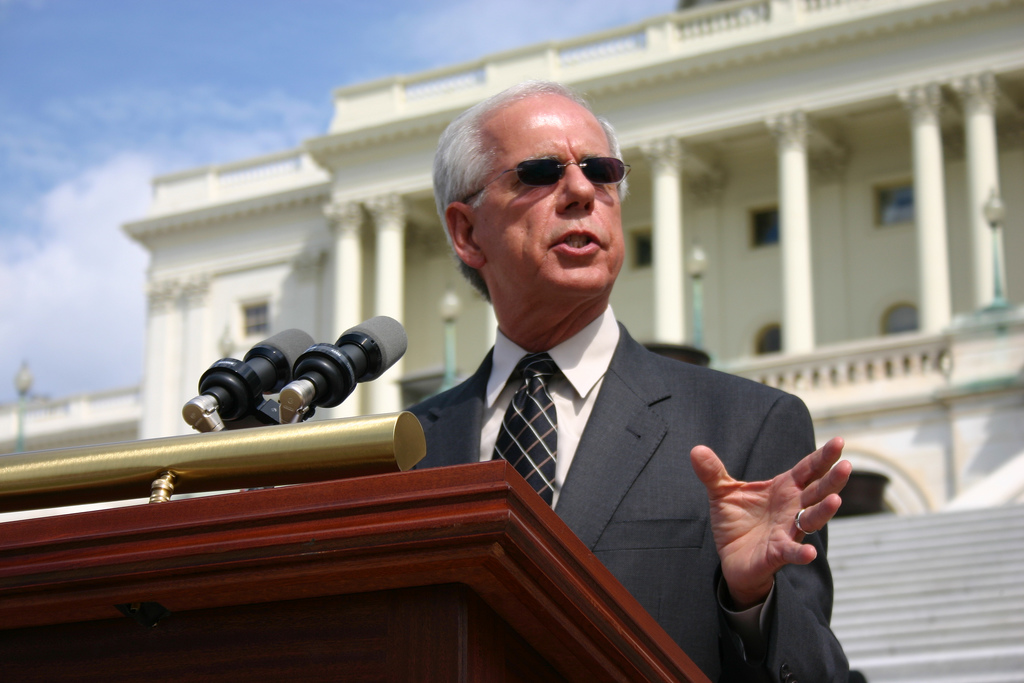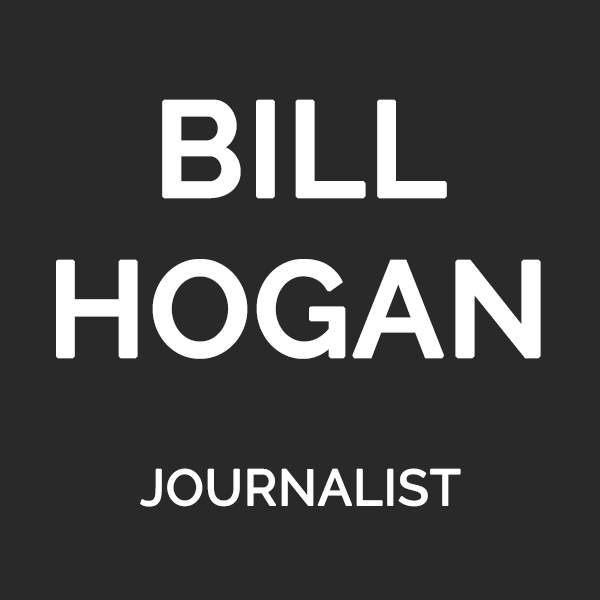
Coelho Failed To List $300,000 Loan
Tony Coelho, the chairman of Vice President Al Gore’s presidential campaign, did not report a now-controversial $300,000 personal loan on a federal financial disclosure report that he signed on June 11, 1998, the Center for Public Integrity has learned.
The Center obtained the financial disclosure form as part of its investigation into Coelho’s activities as the U.S. commissioner general of last year’s World Exposition in Lisbon, Portugal – a political appointment that eventually made him “Ambassador Coelho.” As part of its first report on Coelho, the Center made public an audit by the State Department’s Office of Inspector General that harshly criticized his stewardship of the world’s fair. The Center also disclosed in its report that Coelho had filed a federal financial disclosure report.
Coelho’s failure to include the loan on his financial disclosure report is an apparent violation of the Ethics in Government Act. The law includes certain penalties for “failing to report required information” and allows civil and criminal action against any individual “who knowingly and willfully fails to file or report any information required.”
Coelho’s financial disclosure form shows that he earned at least $1.8 million in 1997 and had a net worth of more than $10 million. The $300,000 loan was not among the seven specific liabilities that Coelho listed on Schedule C of his public financial disclosure report (SF-278).
Coelho obtained the loan from the president of Banco Espirito Santo, a Lisbon-based bank, ostensibly to help underwrite the activities of the Luso-American Wave Foundation, which Coelho — as the U.S. commissioner general of Expo ’98 — formed in April 1998. The foundation’s purpose was to raise funds to build “The Wave,” a dramatic stainless-steel and blue-tile sculpture, 8 1/2 feet high and 60 feet long, that today sits more than a block away from the building that was the U.S. Pavilion at Expo ’98.
Even though Coelho’s personal lawyer, Stanley Brand, initially told reporters that the loan “was paid off with donations from people donating to the memorial, including a large contribution from Tony himself,” Brand told the Center on Monday that Coelho “is in the process of paying off” the loan and still owes $109,000.
Brand was unable to provide the Center with any documents relating either to the loan in question or to the Luso-American Wave Foundation. He did not respond to the Center’s telephone inquiries about why the loan in question does not appear on Coelho’s financial disclosure report.
Coelho’s form lists liabilities that he incurred as recently as May 15, 1998. The Center has learned that the $300,000 personal loan was noted in connection with “The Wave” as early as April 10, 1998, on internal financial forecasts prepared by Coelho’s bookkeeping assistant, who was provided free of charge to the U.S. Pavilion by ICF Kaiser International, Inc. (At the time Coelho was a director of ICF Kaiser, and he became its chairman soon after Expo ’98 ended.)
“Although the [Luso-American Wave] Foundation was not a federal project, the commissioner general [Coelho], as a USIA employee representing the U.S. government, may have exposed the agency to a potential liability,” the State Department’s Office of Inspector General said in its report. “Notwithstanding the fact that this organization was not connected with the U.S. pavilion, USIA may be responsible for the repayment of this loan if the foundation does not raise sufficient funds to pay it back.”
Defunct foundation leaves donors hanging
The Center has also learned that the potential liability may climb even higher. The wave-like wall was to be inscribed with the names of Portuguese-American families who immigrated to the United States — or at least with the names of those who made contributions of $100 to $5,000 to Coelho’s foundation. In announcing the creation of his foundation on April 22, 1998, Coelho urged Portuguese-Americans to contribute to the foundation, and even today the official Web site of the U.S. Pavilion at Expo ’98 urges visitors to “Contribute to the Wave and Have Your Name Engraved on the Monument.”
Yet not a single name has been inscribed to date on “The Wave,” the Center determined on Wednesday, and it is not clear how Coelho will be able to keep his promise to those who gave money to the Luso-American Wave Foundation. Its certificate and articles of incorporation were revoked on September 7, 1999, by the government of the District of Columbia “for having failed and/or refused to file” any of the reports required by law.
This article was originally published on October 6, 1999, on the website of the Center for Public Integrity.
